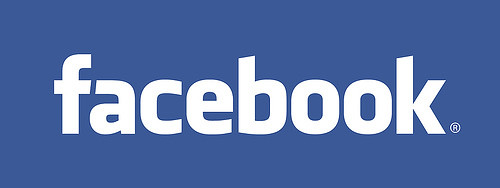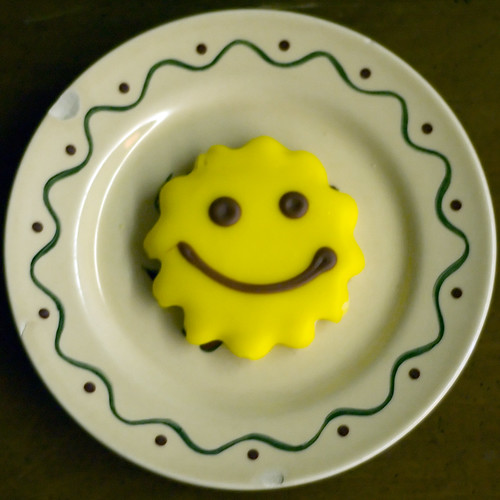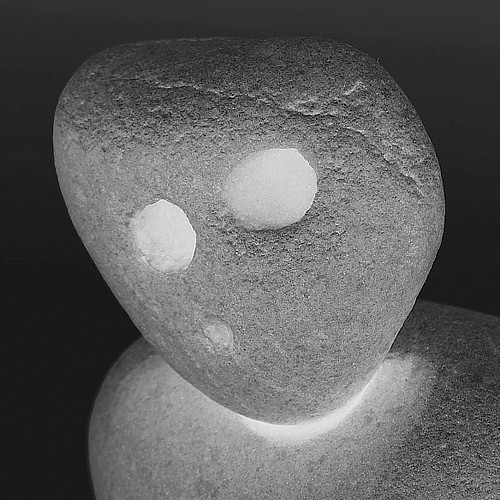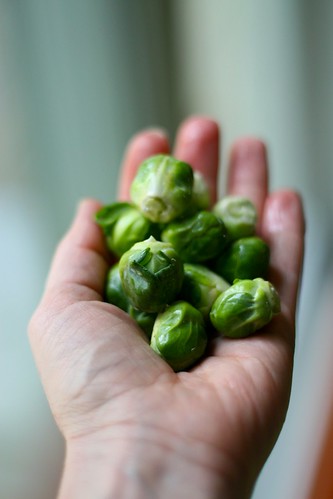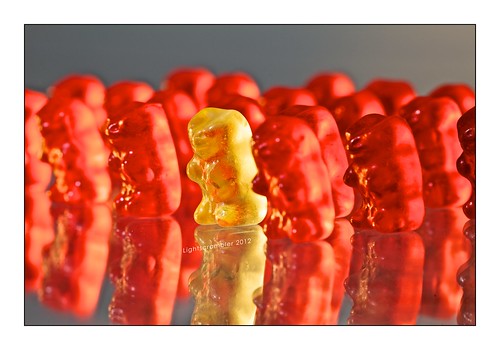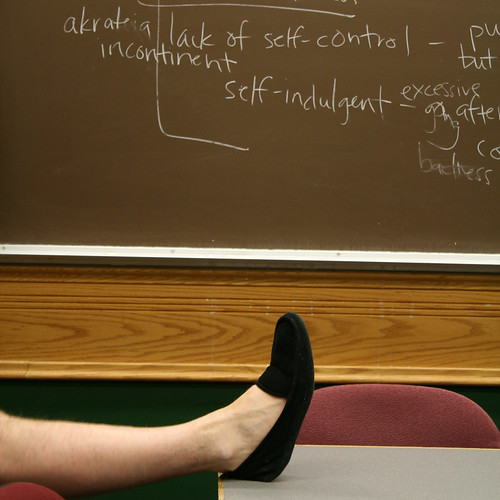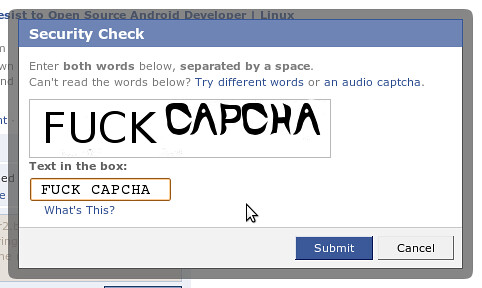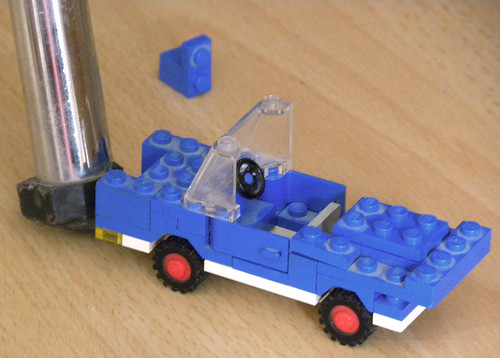
I know that a lot of people claim that dairy is too Neolithic to have any place in a paleo-style diet - in fact, I have seen claims that anything you can't pull off a bush or kill with a sharp stick does not belong in our diet. Hmm, a little extreme much? While 10,000 years are a mere blink of an eye in evolutionary terms, the fact remains that many people, especially of dairy-herding heritage, are able to digest dairy products into adulthood with no apparent ill effects. Especially fermented products such as cheese, yoghurt and the subject of today's blog post -
kefir.
We are blessed here in Canada with a government that does not permit the use of rBGH (or any other hormones, to my knowledge) in the dairy herd, so that is not an issue. While I would love to buy raw milk, unfortunately that is not legally available in Manitoba (time for a campaign, maybe??). I have to make do with pasteurised milk, but at least it is not ultra-pasteurised (another USAmerican food industry innovation we are blessedly spared), and I can get local whole organic milk at my local health food store. It costs an arm and a leg, of course, but it is worth it to me not to have my boys chugging down antibiotics they don't need.
I myself cannot tolerate plain milk, but I do very well with yoghurt that has been fermented for 24 hours, according to the rules of the
Specific Carbohydrate Diet. I therefore decided to experiment with milk kefir, which also ferments for 24 hours.
The main difference between them is the starter - you can make yoghurt from a previous batch of yoghurt (although commercial yoghurt really only has a couple of strains of
lactobacilli in it - it would be nice to be able to find more!), but for traditional kefir, you need kefir grains. Those aren't really grains - in fact, they are a SCOBY - a Symbiotic Colony Of Bacteria and Yeast. If the word seems familiar, I have rhapsodised here before about my kombucha SCOBY. The kefir SCOBY looks much friendlier than the kombucha one, as you can see in this picture. They really do look like grains.
You can make kefir using a starter from the health food store, but those aren't grains - it's a powder that contains dried bacteria and yeast in a specific combination. It makes decent kefir, but it is self-limiting - it won't grow grains, and after a few iterations you will have to put in more starter. It's from the same company that makes the dried yoghurt starter, and the results are similar - decent, but not comparable to using real, live food.
I was fortunate enough to be given some grains by a lovely lady I met in the Traditional Foods Manitoba Facebook group - and if you are interested in traditional foods and live in Manitoba, I strongly recommend joining that group. Such kind, helpful, welcoming people - friendly Manitobans all. I love it. I met her on a Friday morning, and by Friday noon my grains were luxuriating in a jar of whole milk on my counter. I checked them again after Shabbat went out, so about 30 hours later.
I should warn you that the grains are living things - don't expect them to do their best work as soon as you plop them down in a jar of milk. Mine had been sleeping in a refrigerator for a few months, and it took a couple of rounds before they woke up and really did their job. In fact, the first milk bath I gave them smelled downright awful, and I sent it down the sink. But the grains looked a little plumper and healthier than they had when I first got them, so I was hopeful. The same was true of the second bath, but the third one was just divine, especially once I flavoured it with strawberries.
The way I did that is called a second ferment - I strained the grains out of the thickened kefir (you can tell it is ready when it pulls away from the sides of the jar) and put them safely away in the fridge to nap in a small jar of milk. Then I put the kefir back on the counter, with a few sliced fresh strawberries in it, and left it there for 12 hours.
I cannot begin to tell you how awesome my strawberry-infused kefir tasted, especially after it had been chilled in the fridge. I also got all the goodness of a fermented food, with no ill effects - and trust me, I know about dairy-related ill effects.
How about you, have you tried making something new and exciting recently?
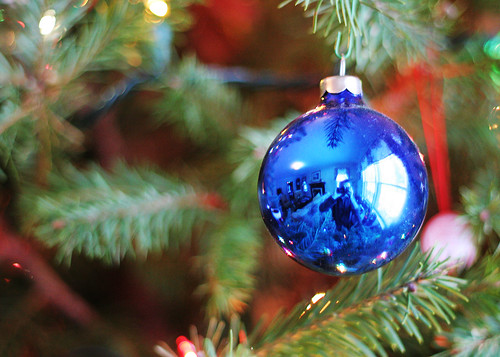 Yes, I have a shiny new blog over on my new website. Blogger really jumped the shark for me the other day when I was trying to insert a screen shot of my Facebook page. It jumped all over the screen and the formatting was just horrible. I'm done.
Yes, I have a shiny new blog over on my new website. Blogger really jumped the shark for me the other day when I was trying to insert a screen shot of my Facebook page. It jumped all over the screen and the formatting was just horrible. I'm done.

